The information contained within this article is for editorial purposes only and is a general guide and description of the products listed above. Nothing in this article should be relied on as financial advice.
There may be other products available not listed in this article which may be more suitable for your personal needs.
Installing solar panels can help you cut your energy bills, reduce your carbon footprint, and even increase property value. But let’s face it, the upfront costs can be very high.
So, how can you work out whether solar panels are right for you and your property?
In this guide, we’ll take you through how much solar panels cost to install and how much money they could save you. We’ll use these figures to give you an estimate of how long it will take you to make back the money you spend, to help you work out if solar panels are worth it for you.
We’ve also got information about government grants and schemes, plus bonus tips for maximising your savings.
1. The average total cost to install solar panels for a three-bed semi-detached house is around £7,000. This total includes the panel system itself and the cost of installation.
2. The average annual savings from a system of this size could be between £564 and £672*.
3. This means it’s likely to take around 10–12 years for you to break even on the initial cost of your solar panels.
* Figures from Octopus Energy’s solar estimate tool
How do solar panels work?
Solar panels convert solar energy from the sun into electricity via the photovoltaic (PV) effect. Solar panels are made from silicon PV cells, which create electricity when exposed to light.
This direct current (DC) electricity is sent to an inverter, which is typically installed inside the home or garage, allowing it to be converted to alternating current (AC). This electricity can then be used to power your home, and any excess electricity can be stored or sent to the grid.
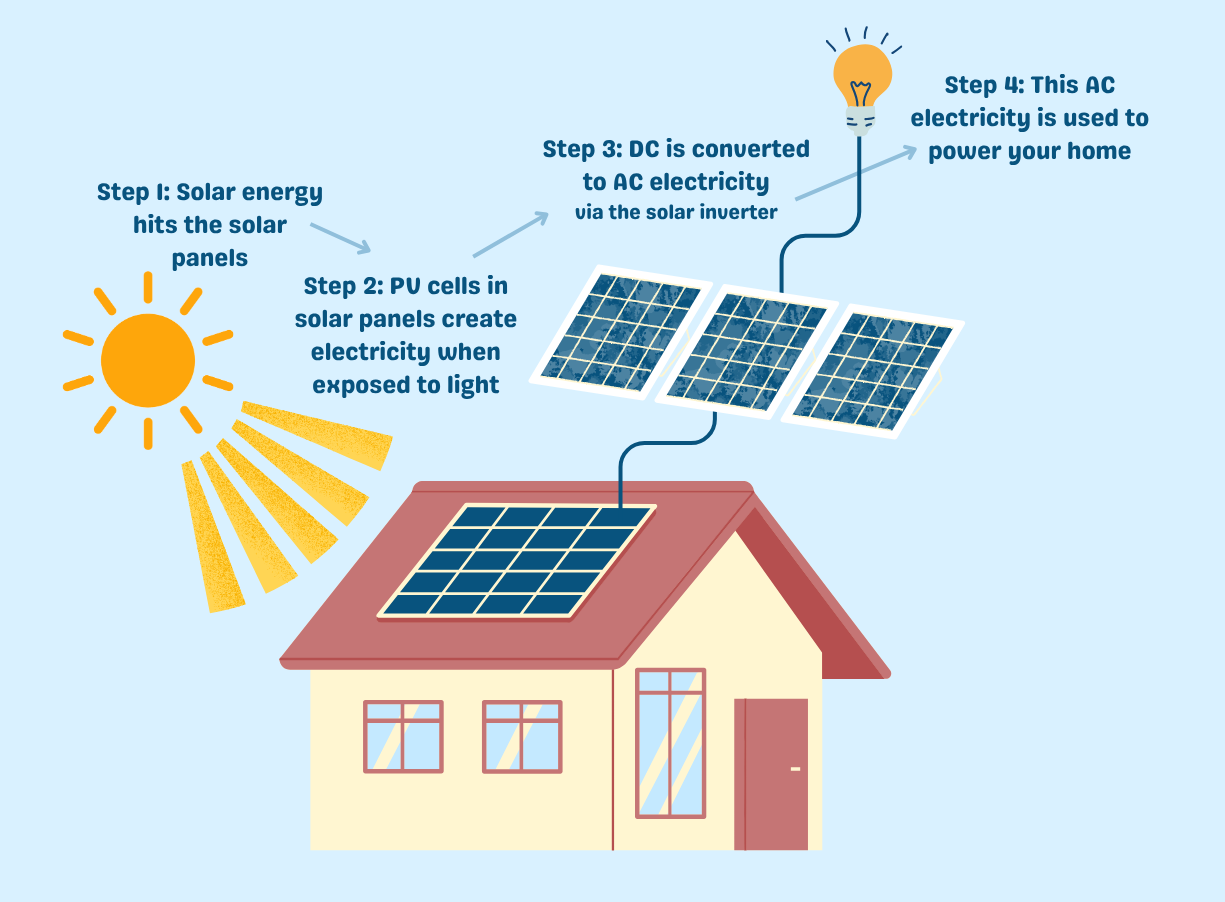
How much does it cost to have solar panels installed?
The cost of installing solar panels depends on a wide range of factors, the main one being the size of your house, which will dictate the size of the solar panel system you need.
If you’re buying solar panels for a UK property in 2026, the figures below will give you an indication of how much you might expect to pay.



As solar panels have become more popular in the UK, the technology has significantly improved. There are now more types of solar panels on the market to choose from, with much more aesthetic appeal.
Unsurprisingly, the type of solar panels you have installed will impact the overall cost. The two main solar panel types used for homes in the UK are:
Monocrystalline panels:
These are the most common solar panels used in UK homes. These sleek black panels look much more attractive than previous styles. They’re highly energy efficient, with a longer lifespan than polycrystalline panels, but cost more.
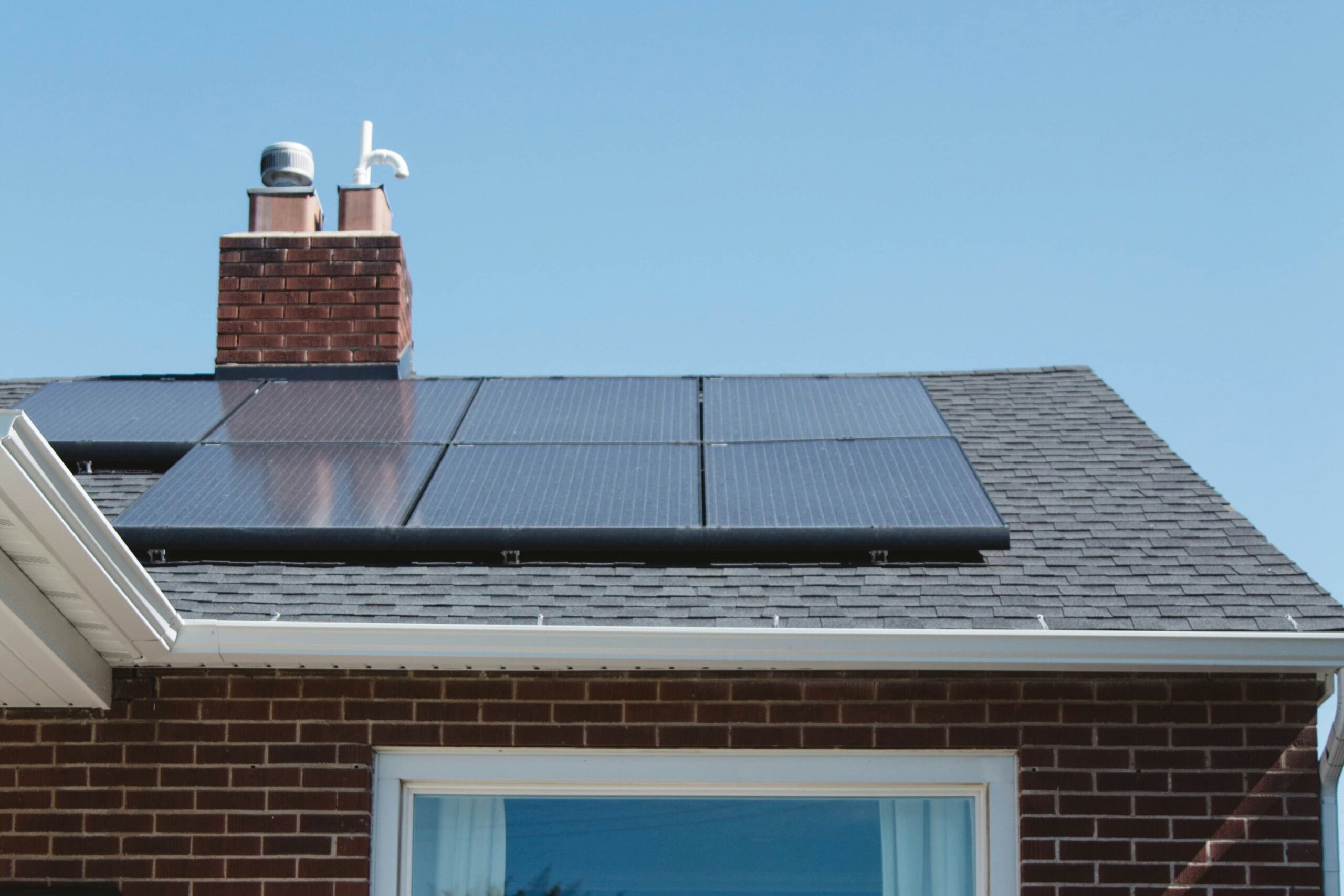
Polycrystalline panels:
These solar panels are used less often now, since the invention of the sleeker and more efficient monocrystalline panels. Polycrystalline panels are bulkier and have a distinctive blue colour, although they’re slightly cheaper than the newer alternative.
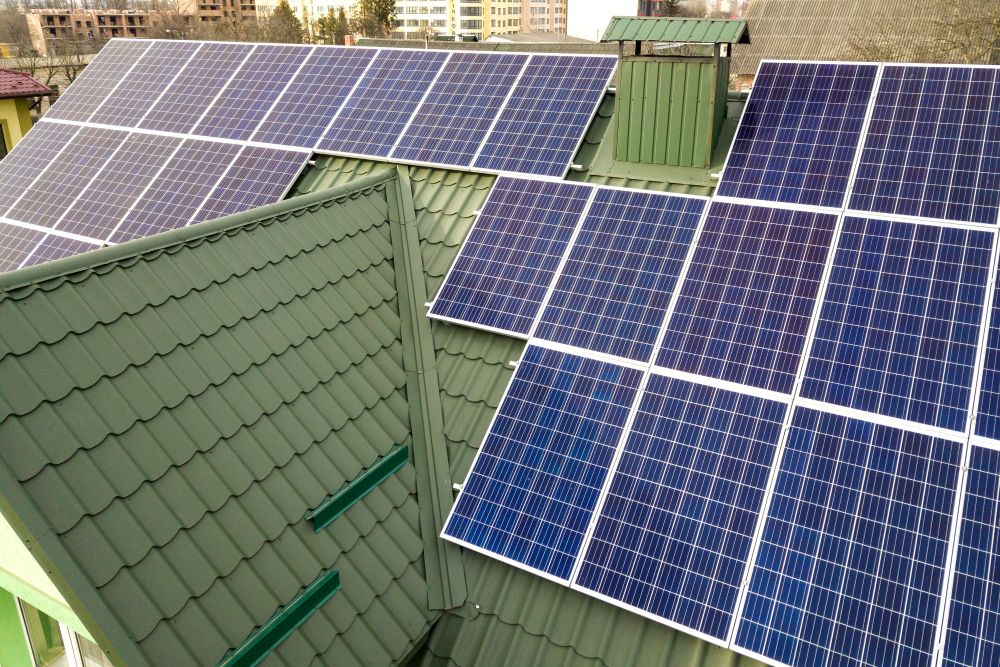
Solar roof tiles or PV slates:
Rather than fitting solar panels to your roof, these are roof tiles with solar power (PV) built in. If you’re after solar panels that don’t look like solar panels, this is a fantastic option, although this route is only worthwhile if you’re having a new roof or building a new house. They’re much more expensive than traditional panels.
How your solar panels are installed will also impact the cost. For example, integrated solar panels are built into the roof, rather than being fixed on top. This method is much more invasive and expensive.
Do solar panels actually help you save money?
Having solar panels will reduce your monthly electricity bills. But with the high upfront cost, it can take a long time for those monthly savings to cover the cost of installation. The number of years it takes for your energy savings to make back the money you spent on installing solar panels is known as the payback period.
This will vary largely between households, depending on how big your home is, how many people live there, where in the UK you live and how much energy you use.
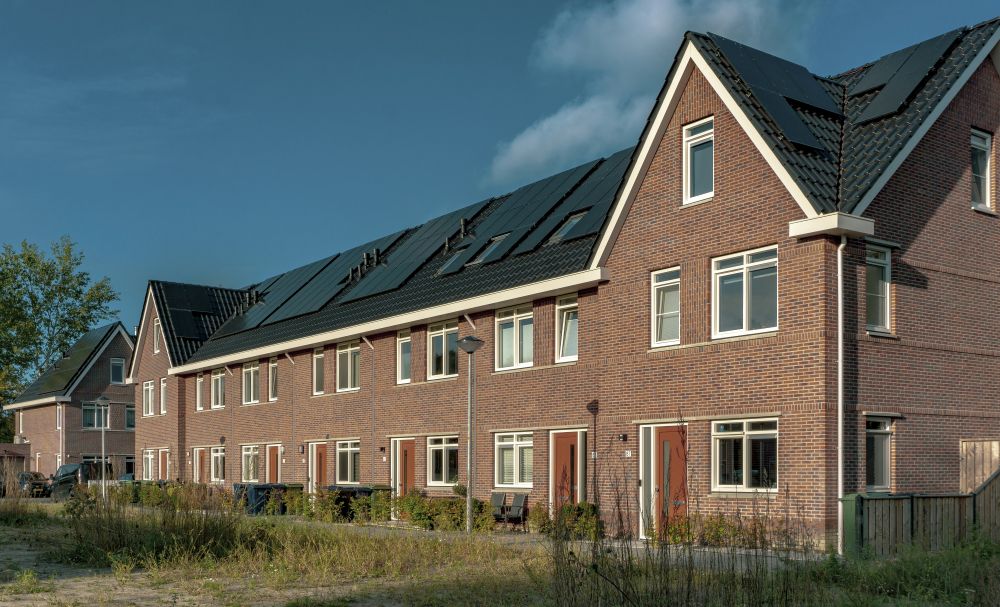
For example, my household is considered to have medium energy consumption, as I live in a three-bed semi-detached house with one other person, and one of us is often working from home during the day.
Octopus estimate that we likely use around 2,700 kWh of electricity per year, so they recommended an eight-panel system, with an estimated cost of £6,407 (plus additional scaffolding costs).
Octopus claim this system could save us £47–£56 per month in electricity costs, which could mean annual savings of £564–£672. This means we could break even on the cost of our solar panels from Octopus in 9.5 to 11 years.
According to the Energy Saving Trust, a typical household could save as much as £550 a year (based on a rate of 15p per kWh). The following table contains information from the Energy Saving Trust and shows just how dramatically payback periods can vary.
London |
Manchester |
Aberystwyth |
Stirling Home all day: 12 years |
Belfast |
The above data is from the Energy Saving Trust.
Are solar panels worth it for me?
A wide range of factors will affect whether it’s worth getting solar panels, and each house and family is unique. Here are some general pros and cons of solar panels. After this, we’ll go into some more specifics.
Pros
- Solar panels increase the value of homes, so you will often get a good return on investment if and when you sell your home
- With a solar battery, you can store any surplus energy you generate that you don’t use straight away
- They use renewable energy, meaning your carbon footprint will decrease
- There are solar grants and schemes available for some customers to help cover the costs
- If you have a solar panel system fitted in your home before March 31st, 2027, you’ll benefit from a 0% VAT rate
Cons
- The upfront cost is expensive, meaning your payback time could be as long as 12 years
- As well as being expensive, solar batteries (if you choose to have one) can be bulky and take up a lot of space in your home
- Whichever type of solar panel system you go for, the installation process will likely involve some level of disruption
Below are a few important questions you'll need to consider to help you work out if solar panels are the right choice for you and your home.
Which way does your roof face?
South-facing roofs are ideal for solar panels as these get the most direct sunlight throughout the day. North-facing roofs get the least sunlight.
So, if your house is north-facing, it makes more sense to install your solar panels on the back, so they’re facing south. If the front side of your roof gets more sun exposure than the back, this means you may be better off installing solar panels on the front. Bear in mind that this may have less aesthetic appeal than installing on the back.
Is your roof obstructed?
If your roof isn’t directly exposed to the sun throughout the day (for instance, if it’s blocked by large trees or other buildings), it might not be worth getting solar panels at all. You may want to consider removing obstacles blocking your roof if you can, but only do this if you have the legal right to do so.
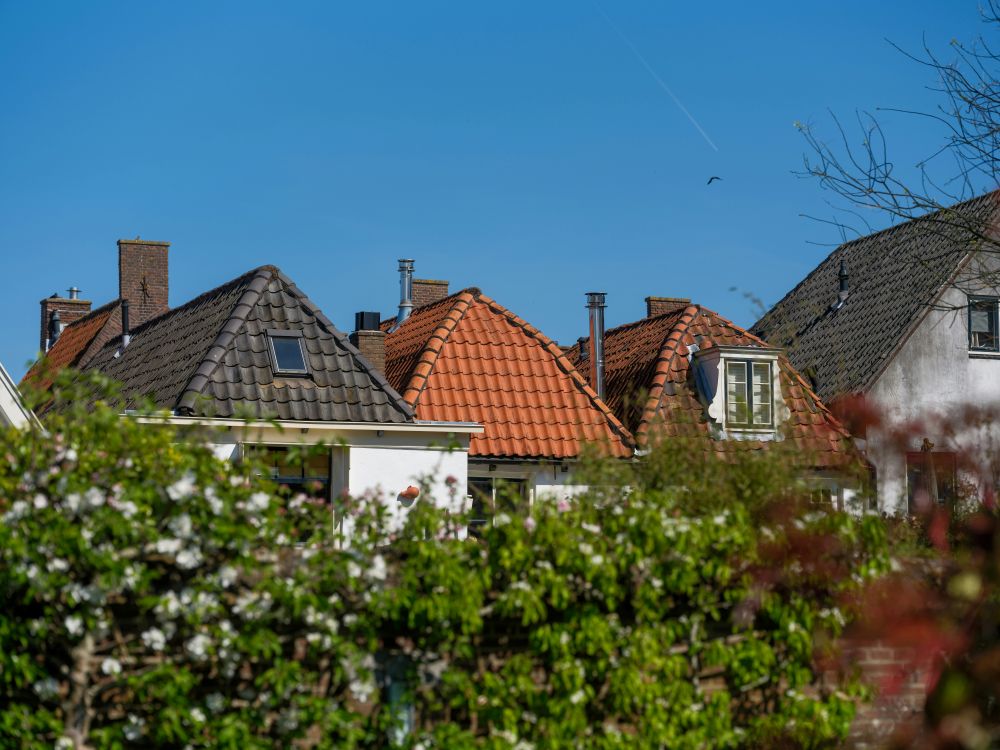
How efficient is your home?
If your home’s EPC rating is low, you should improve its efficiency before spending money on solar panels. Not only are there many more affordable ways to reduce your energy consumption, but you could waste a lot of money if your home isn’t efficient enough to make the most of the solar power you generate.
You can think of solar panels as the cherry on top of a well-insulated and draught-proofed home.
How long do you plan to stay living in the property?
If you have plans to move house in the near future, you’ll be far less likely to see enough benefit from your solar panels to justify the upfront cost. With solar panel systems taking an average of 10 years to pay for themselves, you might not see enough value to justify your investment if you sell up within that time.
With that said, solar panels can boost the value of your property, so you may see a return on investment in your property valuation price. You should speak to a financial adviser before making any decisions if you are unsure.
How much energy does your household usually use?
Households that are occupied during the day will get more value out of their solar panels, which means you’ll recoup your costs quicker.
Why is this the case? You’ll usually pay your provider more per unit of energy you import from them than they will pay you per unit of energy you export. This means you’ll get more value by using your solar energy directly than you will from selling it back to the National Grid via your provider.
Do you have the space and budget for a solar battery?
If you have a solar battery installed as part of your system, you can save the excess energy your panels generate, rather than having to export it back to the National Grid. As we said earlier, using your solar energy to power your home will save you more money than exporting that energy.
While your savings will be greater, solar battery costs can range from £1,500 and £10,000, depending on the size of your system (source: Energy Saving Trust). They can also be very bulky, which means you’ll need a fair bit of space in your home to store one.
Solar batteries aren’t essential for customers installing solar panels. If you sign up with an energy supplier that provides Smart Export Guarantee (SEG) tariffs, you can guarantee you’ll be paid for every unit of electricity you export, so none of the energy your solar panels generate will be wasted.
Are there any Direct Debit or flexible payment options available to you?
If you can’t afford the upfront cost of solar panels, you may be able to buy them through Direct Debit or a flexible payment plan. For example, Octopus and E.ON both offer interest-free finance options to help you spread the cost.
Make sure you weigh up whether your monthly payments for the panels are justified by the monthly savings you make. If they aren’t, you may find you’re spending more money each month, rather than less, at least for a short time.
You should always do your own independent research or seek professional financial advice before entering into any type of credit or finance agreement.
Tips to maximise savings
Check out these handy tips for making the solar power you generate work harder.
 Choose the right tariff
Choose the right tariff
With a Smart Export Guarantee (SEG) tariff, you’ll be guaranteed a set rate for each unit of electricity you export. This is very important if you don’t have a solar battery, as otherwise you won’t get paid for the surplus energy you generate.
 Consider getting a solar battery installed
Consider getting a solar battery installed
Although not essential (or cheap), you may want to consider getting a solar battery so you can store surplus electricity you generate.
As we explained earlier, you’ll usually get more value by using your solar power directly than you would from exporting it. This is because energy suppliers generally charge customers more to import energy than they’ll pay them to export it.
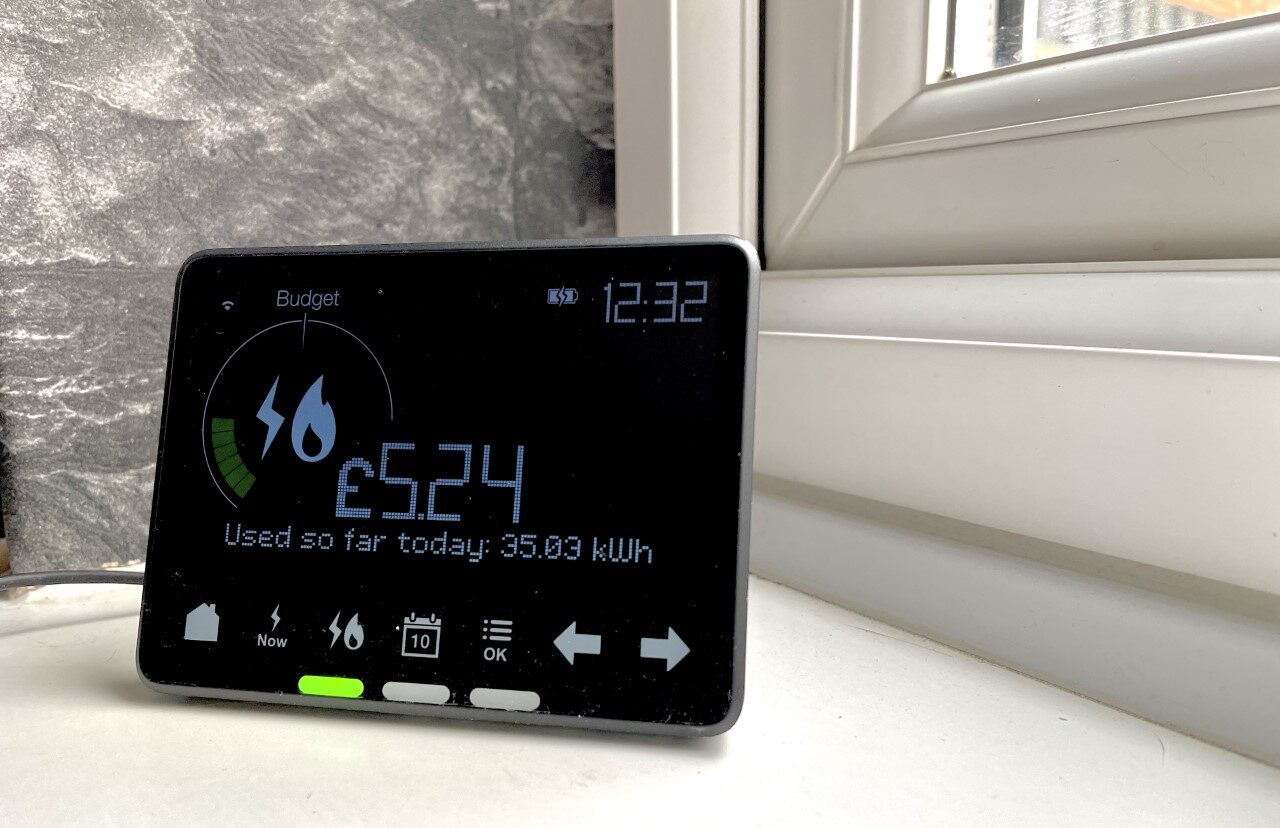
 Consider getting a smart meter
Consider getting a smart meter
Smart meters can be a helpful way for you to monitor your energy usage, whether you have solar panels or not. If you have a smart meter that can monitor the energy your solar panels are generating in real-time, this can help you make smart decisions about how and when you use your home appliances.
For example, whacking a load of washing on during a particularly sunny afternoon is an easy way to use your solar energy directly and get more value from it (as opposed to exporting it).
 Think about other energy-saving measures too
Think about other energy-saving measures too
Ensuring your home is as efficient as possible will help you get the most out of your solar energy. The more energy-saving improvements you can make to your home, the more you’ll save.
If you have the upfront budget and are looking for more energy efficiency improvements, you could consider getting an air source heat pump installed. Cheaper energy-saving solutions include draught-proofing your doors and windows, insulating your roof, and switching to a low-pressure shower head.

Government grants and other incentives
There are solar panel grants available for homeowners in the UK designed to help customers save on renewable energy systems. Some of these are only available if you live in certain areas and meet the requirements, whereas others are open to everyone.
Take a look to see if you could benefit from any of these grants or incentives.
Smart Export Guarantee (SEG)
If your energy tariff has a Smart Export Guarantee, this means your supplier will pay you for every unit of electricity you export. The exact rate will vary depending on the supplier you’re with and energy prices at the time.
Some energy suppliers are legally required to offer at least one SEG tariff for their customers, whereas for other, smaller energy companies, this is optional. SEG rates are available for residents in England, Scotland and Wales, but not Northern Ireland. You’ll need to sign up specifically for an SEG tariff to benefit from this scheme.
- What can you get?
A set amount of money for every kWh of energy you export (the exact rate will depend on your supplier and energy prices at the time)
- When does it run?
The SEG has been in effect since 2020 and is an ongoing scheme
- What EPC is required?
Any
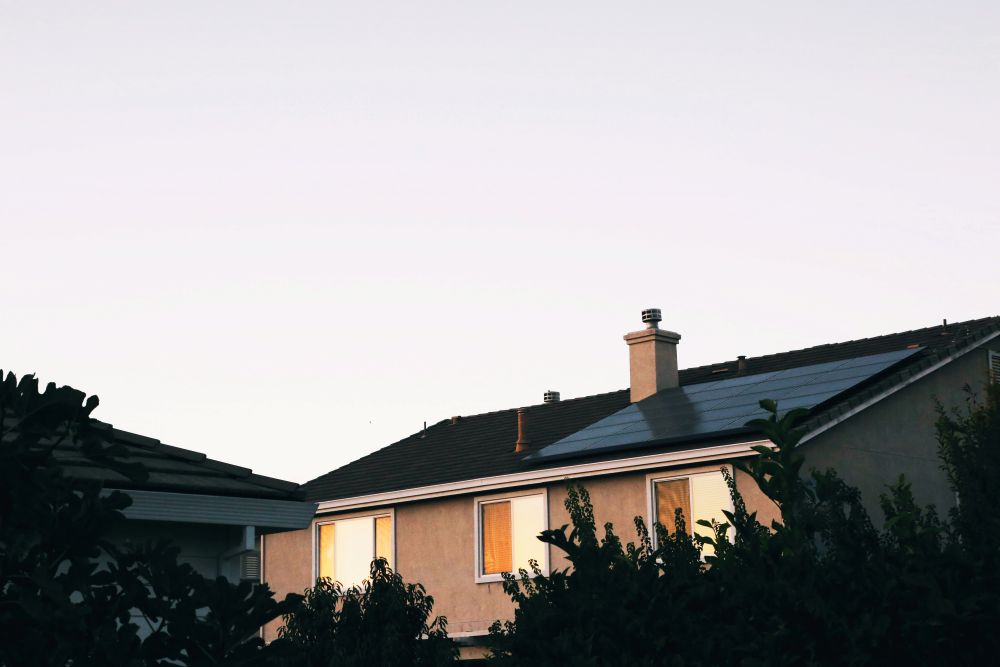
Energy Company Obligation 4 (ECO4)
The ECO4 government scheme is designed to help low-income households in the UK save money on electricity by improving the energy performance of their homes.
To qualify, you must receive either one or more means-tested benefits (such as Universal Credit), or a child benefit, or qualify under a Local Authority Declaration.
- What can you get?
Up to 100% of the cost of solar panel installation - When does it run?
April 2022 to March 2026 - What EPC is required?
E – G
Warm Homes Nest Scheme
The Welsh Government’s Warm Homes Nest Scheme provides Welsh residents with free home energy improvements.
This can include free solar panel installation.

In order to be eligible, you need to be the recipient of one or more means-tested benefits or be classed as a low-income household.
- What can you get?
Up to 100% of the cost of solar panel installation - When does it run?
This scheme has been running since 2011 and is ongoing - What EPC is required?
E or less, or D or less if you or someone in your household suffers from an eligible health condition
Solar Together
If you own your home and your local authority is participating in the Solar Together scheme, you can register to join this group-buying initiative.
As you’re buying your solar panels and/or battery storage as part of a group, you can benefit from more competitive pricing.
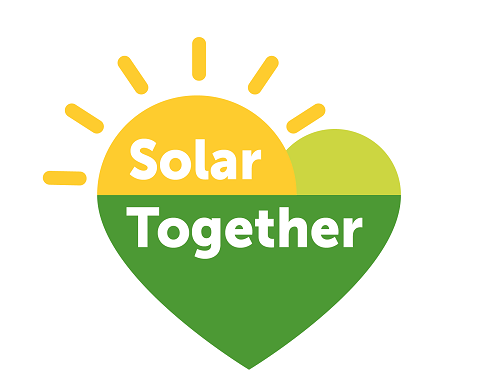
- What can you get?
Save as much as 30%–35% on the average cost of your solar panel system - When does it run?
This varies between councils, so check the Solar Together website for more information - What EPC is required?
Any
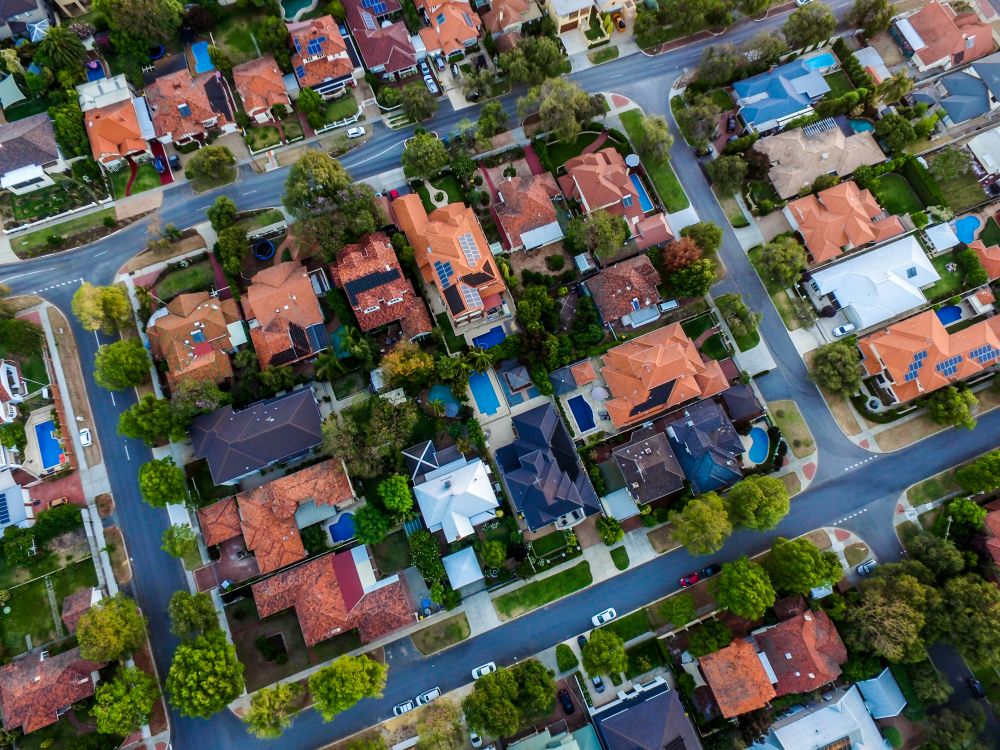
A brighter future awaits
So, now you hopefully have a clearer idea of whether or not solar panels are worth it for you and your home.
They’re a big financial commitment, but the savings may justify the upfront costs for some (but for others, not so much). Solar panels cost an average of £7,000 in the UK in 2026, which means it could take you 10 years or longer to pay off your investment.
Solar panels might be right for you if:






However, if the majority of the above cases don’t apply to you, investing in solar panels might not be the best option.
If you are thinking about getting solar panels, make sure you only buy from a company you trust and verify their credentials. Don’t do business with any company that uses high-pressure sales tactics, especially door-to-door sales.
Do you have solar panels installed in your home? How much do you save with yours?
The information contained within this article is for editorial purposes only and is a general guide and description of the products listed above. Nothing in this article should be relied on as financial advice.
There may be other products available not listed in this article which may be more suitable for your personal needs.
